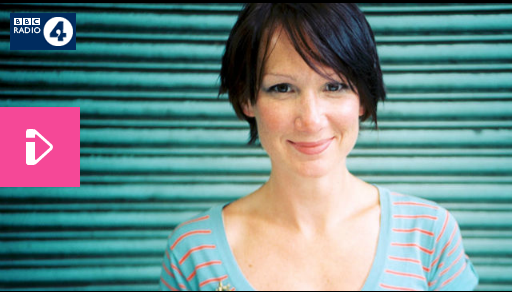I was driving home when I heard Aleks Krotoski presenting this week’s Digital Human (BBC Radio 4, UK only), which covered the topic of death and how we continue to live on digitally after our physical death.
This got me thinking about myself and how might my digital self and my digital assets exist and be of use to others, as a web-friendly genealogist.
Firstly, stop here for a moment and back up your genealogy research. Copy it and save it somewhere where another can find it. Also, think about how you’re filing your research – is it as simple as it can possibly be? What happens to your life’s work of research when you’re not around to explain it? Is it trapped behind a password? Is it stuffed in a filing system that would need Bletchley Park and Stephen Fry to unravel?
I’ve not thought about what happens to my website or this blog after my lifetime, but both are an extension of my research, which also sits in filing cabinets, folders and in my Reunion10 software on my Mac.
Genealogy website LostCousins has for many years, had a ‘My beneficiary’ option in your user account – where you can enter the email address of someone who can take over your research when you are no longer able to.

Should your websites, blogs and profiles be deleted like many people/families have Facebook profiles of the dead deleted? Is that the right thing to do? Some of the interviewees on Digital Human felt that making a Facebook profile a memorial was a heartwarming way to keep someone’s memory alive. Others may be upset about the continuation of seeing the profile, photos etc of a dead relative.
As a genealogist, I would want my research, my website and my social media accounts to stay online – as sites like Facebook are a daily account of my life, interests, interactions with friends.
What do you think?


Interesting to read pondering answers.
LikeLike
I have a family website which eventually will have all of my direct ancestors and the records I have found for them on-line – sort of a custom family tree. Several years ago, when making out my will, I made a niece a beneficiary of the website; according to my attorney, the first time she had heard of such a bequest. This niece “feels” the heritage of our family more than any other relative, and I’m glad that the site will exist after I’m gone.
http://www.conigliofamily.com/home.htm
LikeLike
Thought provoking – having recently viewed the Facebook page of a friend who passed way just over 12 months ago, what a timely blog post!
I would want some of my work to continue, but the research needs to be organised and deposited in a timely manner with an appropriate organisation or library. That is what I shall be working on.
As for my newly created website:
http://www.familytreesures.com I don’t know how I shall continue with that when I’m gone, now have to think about that too.
LikeLike